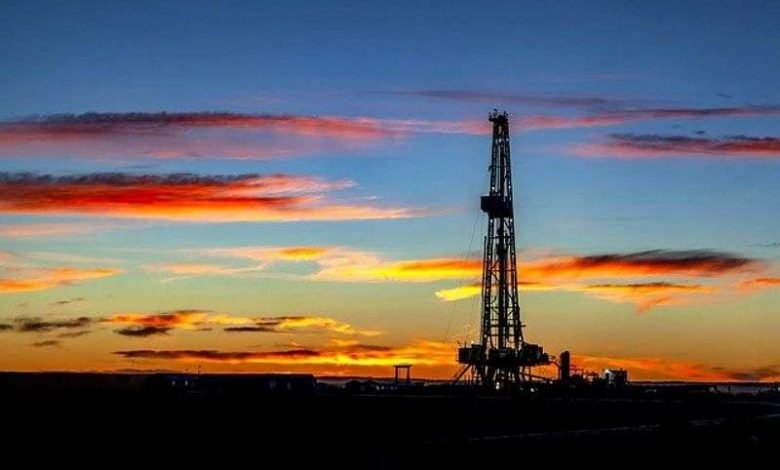Rosatom and Rosneft repositioning for hydrogen

Russian energy companies are increasingly eager to add hydrogen to their energy portfolio. PJSC Rosneft Oil Company, a Russian integrated energy company HQ in Moscow, announced on 4th February, to partner with BP (British Petroleum) to develop hydrogen business. Both partners will study the prospects of carbon management and sustainability business and evaluate new renewable projects. They will also explore the use of CO2 capture, recycling and storage (CCUS) technologies.
Rosatom, a state atomic energy corporation, is also very keen on developing the hydrogen energy portfolio. Today (5th February 2021) Rosatom’s head A. Likhachev recorded a video message to his employees, and said the “[The company is] taking the first steps in the development of hydrogen production.”
Rosatom’s communications department has been quoted in the local press (BigAsia Russia) that the company is studying the potential of developing a hydrogen production facility in Sakhalin aiming to target Japanese market, which could satisfy up to 40% of the Japanese hydrogen demand by 2030. H2 Bulletin has contacted Rosatom, but no comment received till the publication of this article.
Rosatom signed an agreement with Japan‘s Agency for Natural Resources and Energy under the Ministry of Economy, Trade and Industry in September 2019 to conduct a feasibility study in 2020-2021 to export hydrogen from Russia to Japan. However, any results of this study have yet to be announced.
The Russian Ministry of Energy developed a hydrogen roadmap that shows that in the coming years Rosatom plans to test the pilot hydrogen production and build a test site for using hydrogen at railway transport. The agreement was signed in 2019 with Sakhalin Region, Russian Railways, a Russian state-owned railway company, and Transmashkholding, a Russian manufacturer of locomotives and rail equipment.
Gazprom and Novatek, the other two Russian energy giants have also shown their intentions to develop hydrogen energy business and reduce carbon footprint. Last year, Russian gas monopoly Gazprom said that it was considering building a hydrogen production plant on Germany’s Baltic Sea coast to convert imported methane from its Nord Stream 1 gas pipeline, and the planned Nord Stream 2 line. The € 9.5 billion Nord Stream 2 line was stalled as the US imposed sanctions at the end of 2019 to halt the pipeline construction.
Currently, Gazprom plants produce about 350k tonnes/year of hydrogen through various technologies for making different products. Gazprom will likely advance with blue hydrogen benefiting from its natural gas assets. This will also help create additional demand for natural gas as a feedstock for hydrogen production.
